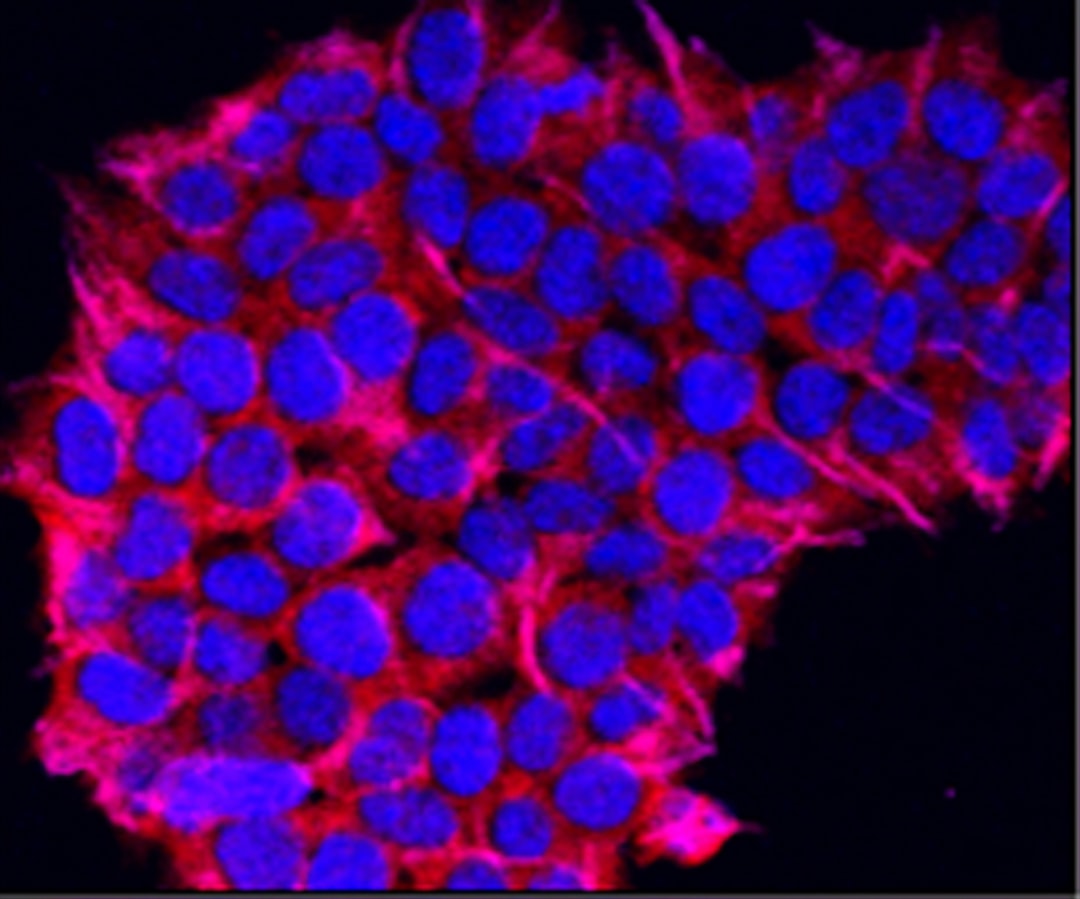What is it about?
Recurrent implantation failure is the most difficult challenge in human IVF cycles. There is a growing demand for medicines that enhance implantation rate and probability of successful implantation. Recently, intrauterine infusion of autologous platelet-rich plasma (PRP) has been suggested to enhance the endometrial receptivity in RIF patients. PRP is rich in both growth factors and microRNAs (miRNA) ⁴.For the first time we showed that mir-21-3p can be a valuable biomarker for the prediction of pregnancy chance in infertile patients (RIF) treated with PRP.
Featured Image

Photo by Kelly Sikkema on Unsplash
Why is it important?
Intrauterine injection of platelet-rich plasma (PRP) has been suggested as a medical cure for infertile patients. In the other hand PRP is rich in both microRNAs (like mir-21-3p) and growth factors which can enhance the proliferation of uterus cells. It has also been analyzed that follicular fluid IGF-I is in association with embryo quality and affects pregnancy rate in IVF cycles.
Perspectives
Growth factors and microRNAs might be effective factors in PRP that has the greatest impact on the molecular mechanisms regulating implantation and endometrial function, hence raising the pregnancy rate. It can also be thought of as a potential biomarker that can forecast the chance of embryo implantation in each cycle of embryo transfer.
scarlet Babian
Alzahra University
Read the Original
This page is a summary of: The expression level of mir‐21‐3p in platelet‐rich plasma: A potential effective factor and predictive biomarker in recurrent implantation failure, Molecular Reproduction and Development, July 2022, Wiley,
DOI: 10.1002/mrd.23636.
You can read the full text:
Contributors
The following have contributed to this page










